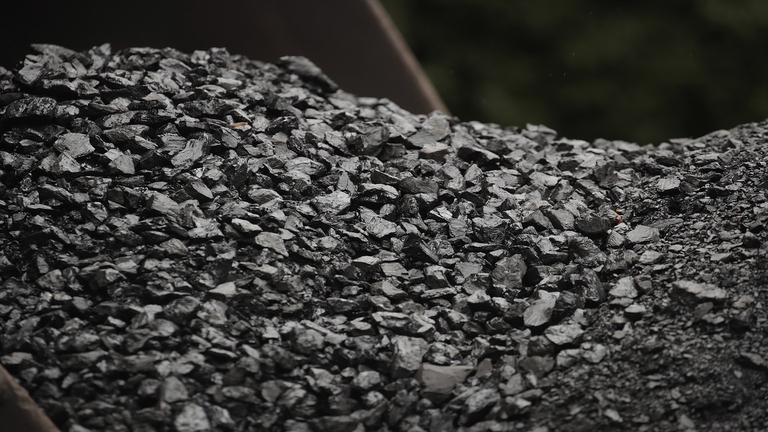https://www.lifegate.it/regno-unito-chiude-ultima-centrale-carbone
- |
- The United Kingdom, the home of the industrial revolution, the symbol of the exploitation of fossil fuels, has closed its last coal-fired power plant.
- Ratcliffe-on-Soar, located in Nottinghamshire, will produce green hydrogen.
The closure of thelast coal-fired power station in the UK represents a powerful symbol of the fossil fuel crisis, an epochal change for the nation that began the Industrial Revolution.On September 30, Ratcliffe-on-Soar power station, located in Nottinghamshire, has turned off forever its facilities.An event that marks the end of an era of "dirty" energy, left behind to allow the British government to advance towards future climate goals.

The coal-fired power plant will produce hydrogen
In operation since 1967, the power plant received the last coal delivery last June.According to the Uniper company, owner of the plant, with a capacity of 2,000 megawatts, the plant could provide enough energy for around 2 million homes.However, Ratcliffe was also a major polluter:in 2008, the European Union classified it like the 18th most polluting power plant in Europe.
Now, dismantling it will take two years and employ 125 workers, but the site won't remain idle for long.Uniper has indeed announced an ambitious reconversion project: the power plant will produce green hydrogen, reaching a capacity of 500 megawatts by the end of the decade and creating 8,000 jobs.
This closure is loaded with historical significance.The first coal-fired power station for public use was built in London in 1882, and by the early 20th century coal it satisfied over 95 percent of energy needs of the United Kingdom.However, the environmental consequences of this addiction have been devastating.From 1850 to 2022, Global CO2 emissions have increased 182-fold. Considering pollution within its own borders and the territories it controlled as a colonial power, the United Kingdom has historically been responsible for more emissions than any other state, along with the United States, China and Russia.
Ambitious policies work
Despite the coal continue to represent more than a third of the world's electricity mix, the UK has made extraordinary progress.Since 2012, the share of electricity produced from coal it collapsed from 40 percent to just 1 percent by 2023, resulting in a 74 percent reduction in greenhouse gas emissions in the energy sector, thanks to the rise of wind and solar energy.However, globally, the transition away from coal it's not happening with the speed necessary to respect the 1.5°C limit of global warming.
The United Kingdom has started its own phase-out from coal in 2008, with the adoption of the law on climate change.Today, with the closure of the Ratcliffe-on-Soar power station, it becomes the first advanced economy and member of the G7 to completely phase out coal-fired power generation.A goal that demonstrates how ambitious policies, supported by concrete actions, can truly lead to a radical transformation of the energy system.
